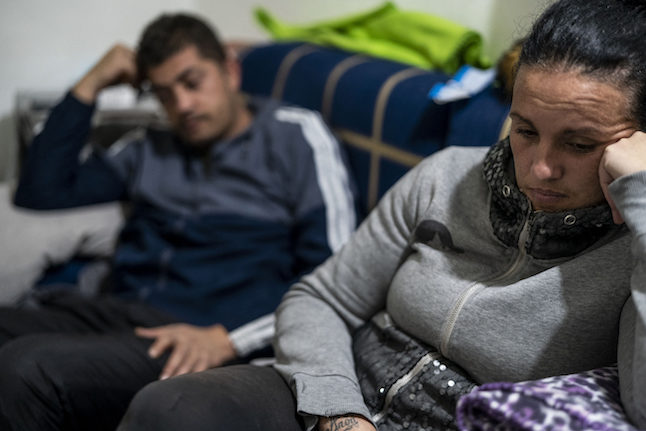In 2008, consumer prices gained 2.6 percent in Europe’s biggest economy, a level last seen in 1994, according to data provided by the Destatis office.
Lower energy and food prices compared with peaks in 2008 have kept inflation down in Germany, while rising unemployment has also prevented workers from demanding substantially higher wages.
The last time inflation was anywhere near this low was in 1999 when it reached 0.6 percent, Destatis said.
Inflation even dipped briefly into negative territory in the middle of this year, reaching minus 0.5 percent in July, the lowest rate since 1987.
Towards the end of this year prices have perked up however, gaining 0.8 percent in December compared with the same month a year earlier.
Destatis releases a provisional estimate based on six representative German states, and is to publish the final figure on January 14.



 Please whitelist us to continue reading.
Please whitelist us to continue reading.
Member comments